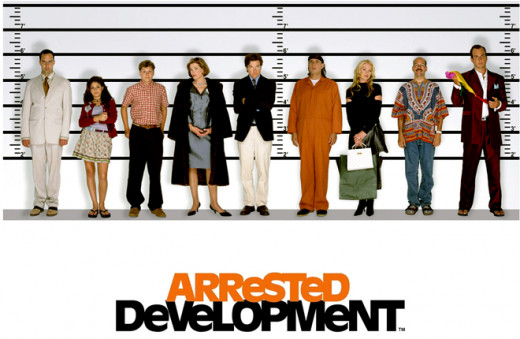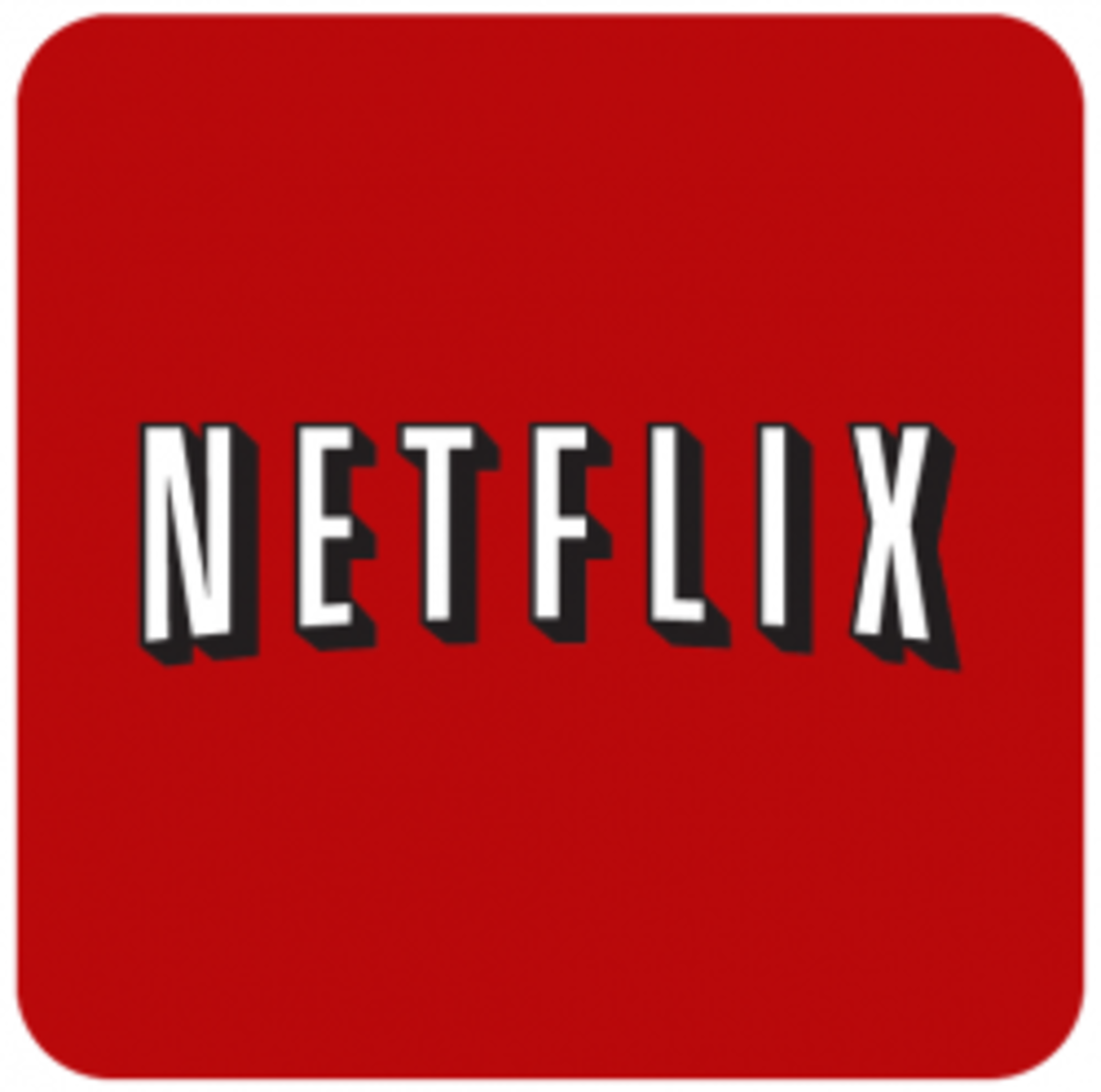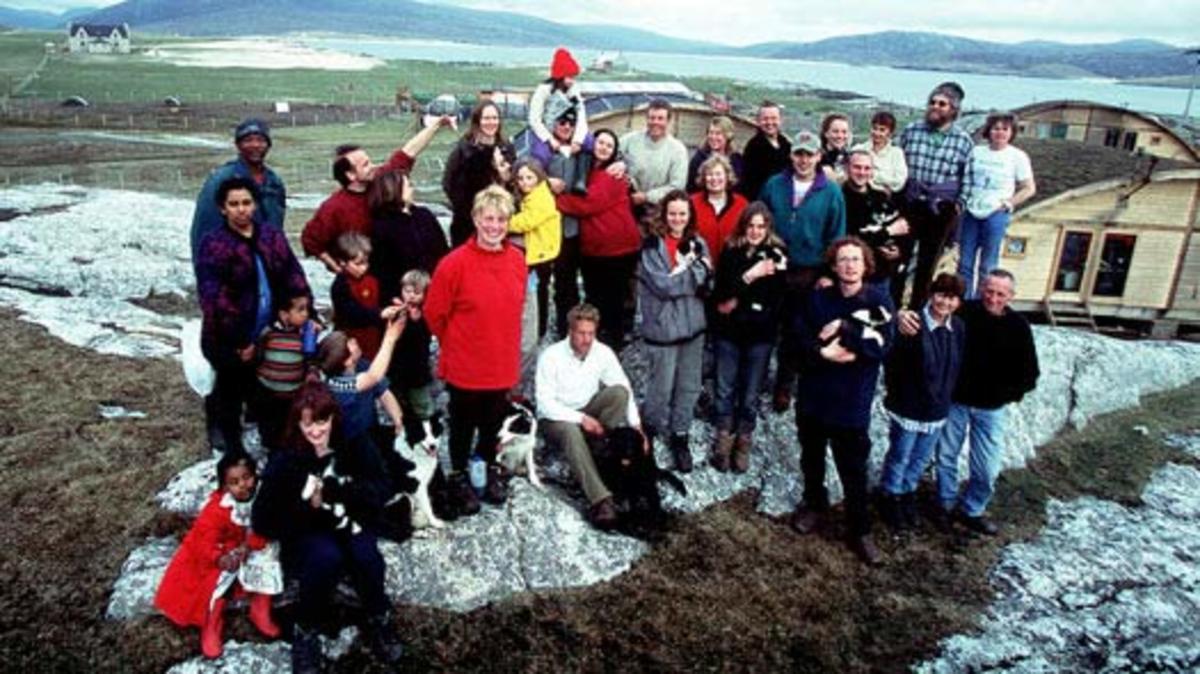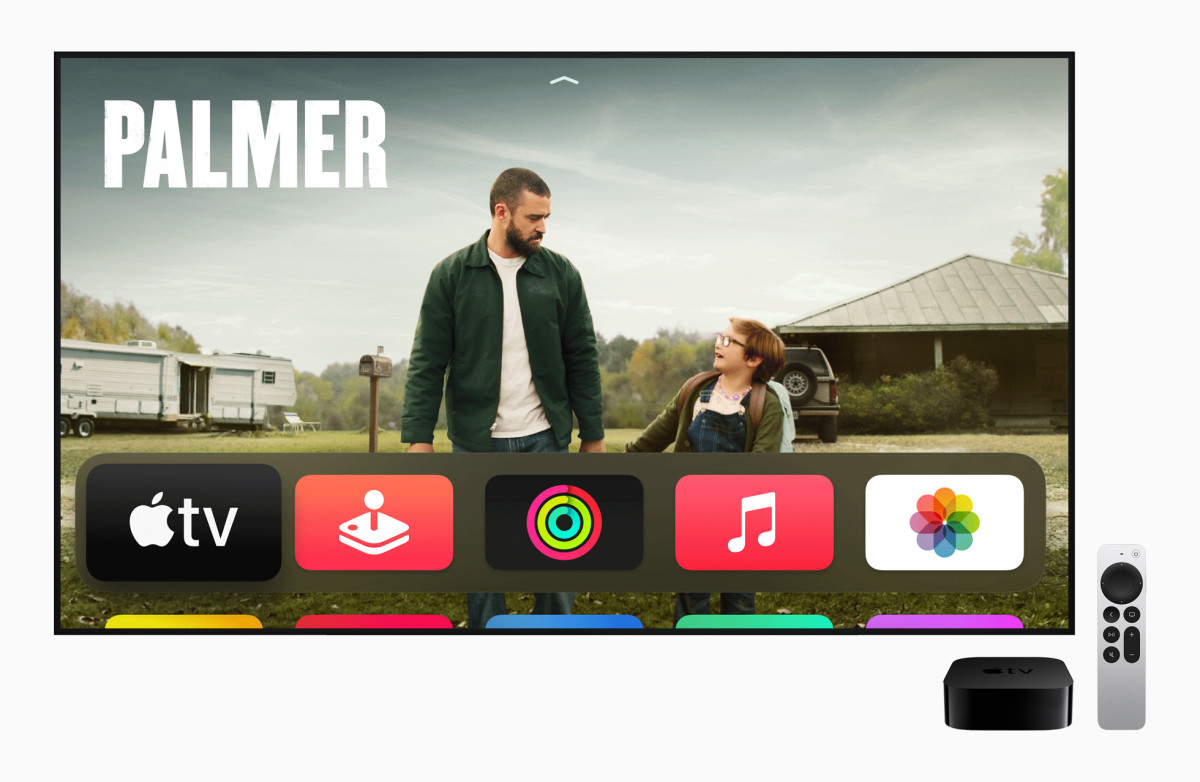With Arrested Development's Huge Success on Netflix, is the Traditional TV Model Dead?

Well, not to burst my own bubble, but the traditional TV model isn't dead quite yet. Isn't it nice how people can say something and then totally negate it with the next part? It's great. But anywho, the TV model may not be dead, but it's certainly suffering from some disease that's spreading fast and will kill the host (in this case, DirecTV, Dish, etc.) over a fairly long period of time.
There's a movement going on that is directing viewers to find new ways to find entertainment, and mainly not through the traditional TV model that is trumpeted by AT&T, Dish Network, DirecTV, and Charter, among others. What started as an easier way to catch up on shows, or watch older movies, is now becoming the forefront for where the entertainment industry might be headed. A future without paying over $80 a month for TV. The advent of "The Cordcutters."
The signs
The signs are quite obvious. Never before has there been such a threat to the traditional TV model. In the old days, you simply paid for a TV plan from either a cable or satellite company and dealt with the large monthly cost, which usually totaled over $100. That's in the past, however. Today, we have Netflix, the online streaming giant, which at peak time, accounts for 20% of the internet consumption. You also have Hulu, which focuses more on TV shows, and thus far, has been far less successful than Netflix. Not only those two, but now you have Amazon, Youtube, Vudu, among others, all providing ways to see digital content outside the traditional TV model.
Now, all those services weren't really an issue for the Pay-TV operation because it consisted of older movies and TV shows that were already on DVD. Thus, people would have Netflix or Hulu subscriptions in addition to their normal cable or satellite service. But, this is all changing. Recently, almost every streaming service has starting to create their own original content. Hulu, for instance, has many original shows including "The Booth at the End," "A Day in the Life," "Spoilers," "Battleground," and many others. Netflix, on the other hand, has had more fanfare with its fewer original series. The main two that everyone knows is "House of Cards," starring Kevin Spacey, and season 4 of "Arrested Development," the show that was abruptly canceled by Fox around 7 years ago.
Doesn't HBO have something similar?
They do, actually. It's known as HBO Go. It's just another way people can view content on the internet. But, there is a catch. To get access to HBO GO, you must have an HBO subscription, which only works through one of the major Pay-TV carriers. So, you still need to have a traditional TV package. That's not to say HBO isn't looking into charging a flat monthly fee for access to HBO Go. But, currently, their system works and is quite profitable. Almost everyone knows what Game of Thrones is and how good it is. That's the power of HBO and it's something Netflix is trying to replicate. The difference is that Netflix is available to anyone who is willing to pay $7.99 a month, just a fraction of a traditional TV package.
What's the future going to look like?
For me, at least, I see the future as completely connected to the internet. Our whole life will be seamless with the Internet. No longer will someone say "Oh, I better go on the internet to [insert task or thing]." It will simply be a part of our life. So, when you go back to entertainment and specifically TV, I see the future completely void of TV packages. No longer will you have to pay for hundreds of channels, most of which you will never watch anyway. Choice will be king. Choice is freedom. The only reason the Pay-TV system has survived for as long as it has is because there's never been an actual, realistic alternative to it. But, those days have long passed. I see more and more companies copying the Netflix model by offering exclusive content for their service. This will bring subscribers, just as "House of Cards" and "Arrested Development" have done for Netflix.
The main thing I see is the traditional TV model dying a very, very slow death. All the companies that utilize it will fight to the death to maintain the status quo. The music industry went through the same transition and now we have Spotify, Google Play Music, and a rumored entrance to the music streaming market by Apple, the company that really made buying MP3s popular with its iTunes software and iPod.
Only time will tell, but I think every CEO of a Pay-TV company knows that the writing is on the wall for their future.







